A lot has been said about how the new Deadpool movie is true to the comics, but not as much focus has been put on how different it actually is.
This isn’t too surprising, given that it’s nearly impossible to retell a serialized story as a two-hour self-contained one without changes being made. Those changes sometimes even improve the character, such as the personality transplant that was given to Tony Stark by Robert Downey, Jr. Other times you end up with Deadpool in X-Men Origins: Wolverine, possibly the most wrong-headed reinterpretation of a comic book character since Howard The Duck.
Thankfully, the new movie repairs the previous damage by finally doing the character right. But doing the character faithfully? That’s a tricky prospect when the only consistency in Deadpool’s portrayal since he was created 25 years ago is how consistently his personality has changed with every new writer (and sometimes even with the return of an old writer).
In this way, you could say the movie remains perfectly faithful to what’s come before, by presenting yet another new take on the character.
Granted, it’s a take that manages to feel familiar to every fan of a previous portrayal by paying tribute to all of them: from Nicieza’s “The Circle Chase” Deadpool who made references instead of jokes to Nicieza’s “Cable &…” Deadpool who likes saying “chimichanga” and knows a henchman named Bob; from Joe Kelly’s cruel and self-referential Deadpool to Gail Simone’s crude and self-referential Deadpool; from Daniel Way’s very divisive take on Deadpool to Duggan & Posehn’s more compassionate Deadpool.
But the Reese & Wernick Deadpool of the movie does more than just compile all previous renditions into a single entity. The writers have made a few significant changes of their own.
[SPOILER WARNING: The following contains spoilers for the Deadpool movie and the comics.]
Pre-Cancer Wade & Vanessa
Given how much time is spent on-screen establishing Wade & Vanessa’s relationship, you might be surprised to learn that the entirety of their pre-cancer interaction in the comics amounts to a single page in Deadpool: The Circle Chase #3 which was only once briefly revisited in Deadpool #-1.
What makes these pages particularly jarring to revisit is how devoid they are of a sense of humor. Or chemistry, for that matter. Or really, any semblance of a personality. We’re never shown how they interact with each other beyond the scene where Wade leaves her (without telling her about the cancer). We’re also never told how they met, or shown what makes them compatible. All we know is that Wade was once a bland blonde brute and Vanessa was a generic prostitute, and that’s it.
The film writers did a great job of transforming this relationship into one that not only seemed plausible, but charming and entertaining to watch. For all the talk on the internet of Deadpool being pansexual — his attraction to others — this movie was the first time I’d ever seen the character convincingly portrayed as someone who could be loved back by an actual human mortal.
It works in the movie partly due to his never being portrayed as anywhere near as cruel and sociopathic as he was during his earliest and darkest days in the comics — he was not kind to Weasel and Blind Al — but also because he’s finally been paired with someone who shares his warped sense of humor, with a quick wit to rival his own.
They seem like such a perfect match that we become invested in wanting to see them together. Here’s hoping they don’t go the Austin Powers 2 route with the sequel. Though worse things have happened…
Post-Cancer Wade & Vanessa
In the comics, Wade isn’t particularly motivated to hook back up with Vanessa after he leaves. She doesn’t even know he has cancer, Wade just leaves her once day.
The next time they run into each other, they’re both mercenaries. Now calling herself Copycat, Vanessa at some point discovered she was a mutant with the power to shapeshift and absorb personalities, and made a sudden career change from prostitute to merc. Deadpool and Copycat restart their relationship, but it doesn’t work out and they split again.
Yet despite all the potential for an interesting story, this period was left unexplored. These details are only revealed via throwaway lines dropped here and there to give them a sense of history. We’re never shown the dramatic moment where Vanessa discovered her powers, nor is it ever revealed why or how she became a merc. We’re also never shown how their second attempt at a relationship went, and never told why they broke up.
In Deadpool: The Circle Chase, it’s revealed that she’s now in a relationship with Deadpool’s rival Kane. After Deadpool saves her life, she tells him she still cares for him, but isn’t in love with him.
However, if Deadpool has historically been written inconsistently, Copycat has even more so.
At one point she begins inserting herself into Deadpool’s life disguised as different women. Eventually she reveals herself and they attempt the relationship thing again, but this time she becomes irrationally and violently jealous of one of Deadpool’s girl friends. She tracks down the friend and beats her to a pulp, while disguised as Deadpool. She then returns to Deadpool’s house to watch Deadpool’s reaction to the friend getting upset with him, after which she breaks up with him. And then blows up his house. After having spent all his money.
Copycat’s descent into madness was later explained as a negative reaction to an attempt by the Weapon X Project to increase her powers, which allowed Deadpool to care about her again just long enough for her to be fridged by Sabretooth. She’s remained dead for going on 15 years now, which must be a record for a ‘90s character.
The Workshop
Where the Wade Wilson of the movie was determined not to let The Workshop destroy his sense of humor, the Wade Wilson of the comic never had one. Instead, it’s the people in charge who find this all hilarious.
The Workshop section of the movie is based on Deadpool/Death Annual 1998. The character of Ajax in the movie is a combination of two characters from the comic: Dr. Killebrew, and his assistant, The Attendant. The Attendant’s real name is Francis, and he still gets very upset when people call him that, though he doesn’t start calling himself Ajax until after the Workshop is gone.
The function of the Workshop is also a little different in the comics. Rather than being a place that cons people into becoming “super slaves” (assuming Ajax wasn’t messing with Wade in the movie), it’s a place that collects the rejects from actual super-soldier programs. If something goes wrong and the volunteer ends up with uncontrollable or useless powers, the Workshop makes them disappear, no questions asked.
Wade ends up here because his bumpy skin has made him suicidal and uncooperative. This wouldn’t have worked as well with the movie’s Wade, who laughs in the face of adversity, so the dramatic tension was changed from “will Wade find a way to kill himself?” to “will Wade lose his sense of humor?”
I particularly liked the writers’ idea to have torture required to trigger a mutation, rather than just something they do because they’re sadists. Ajax is definitely still a sadist, but he also has an end goal in mind.
The Hellhouse
In the comics, the Hellhouse is owned and operated by a short old man called Patch. It’s not really a bar so much as a “hangout” where Patch dishes out freelance merc assignments.
Deadpool’s friend Weasel — or his closest thing to a friend, anyways — isn’t an employee of the Hellhouse, just an information broker and arms dealer who hangs out there.
Also, there was no dead pool at the Hellhouse with mercs betting on each other, but there was one at the Workshop with rejects betting on each other. However, there was no actual board, just a number-crunching reject who could calculate everyone’s odds. I’m not really sure what they won, though, being that none of them seemed to have any money. Just personal satisfaction? It seems like a smart decision for the dead pool to have moved to the Hellhouse.
Blind Al
Deadpool and his roommate Blind Al were a lot more cruel to each other. Also, Blind Al didn’t find Deadpool on Craiglist; in a shocking reveal, we eventually discover she’s actually a prisoner being held against her will.
You might be thinking “that’s not funny…,” but Joe Kelly’s Deadpool started out very differently to how the character is portrayed now. He was a villain at the time, for one thing.
This version of Deadpool played a little like Always Sunny In Philadelphia…if Dexter was one of the lead characters, and if Dexter never had an “Uncle Ben” figure to point him in the right direction. At its core it was a comedy about horrible people doing horrible things, but it would also wait until just the right moment, when your guard was down, to hit you with a soberingly dark reminder that this guy is a straight up sociopath. The pathos came from him being sociopath who was trying so hard to learn how to do the right thing, without the benefit of a moral compass to point him in the right direction.
I admit I was a tiny bit disappointed that the movie didn’t at least leave an opening for a scary reveal in the sequels, because I love how emotionally complicated Kelly’s run could be, but it just wouldn’t have worked with this version of the characters. Starting Deadpool out as a villain so he can have a character arc that’s Walter-White-in-reverse is probably the sort of thing that could only work in a TV series, where things aren’t tied to a strict three act structure that audiences expect to leave them feeling good.
The Future?
Deadpool turning down the X-Men mirrors Deadpool turning down a group during Joe Kelly’s run, though the group eventually convinces him to try and be a hero. Will that tie into X-Force? Who knows. Will Vanessa become Copycat, maybe fighting side-by-side with Deadpool as part of an action-comedy duo? That’s what I’d love to see. But the most exciting thing to me about how different the movie was is that I have no idea where it’s going to go next.



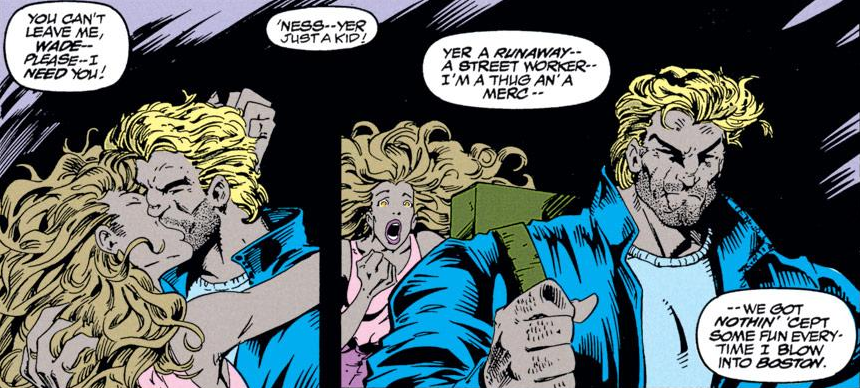




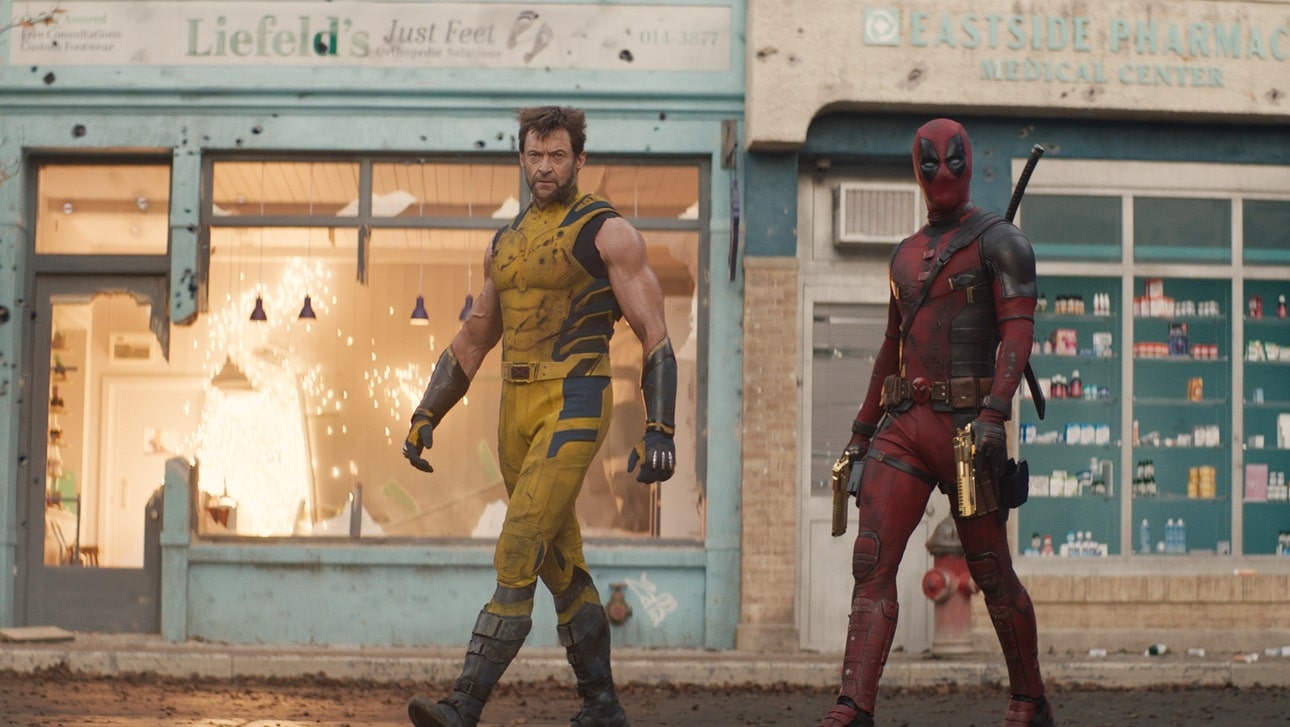
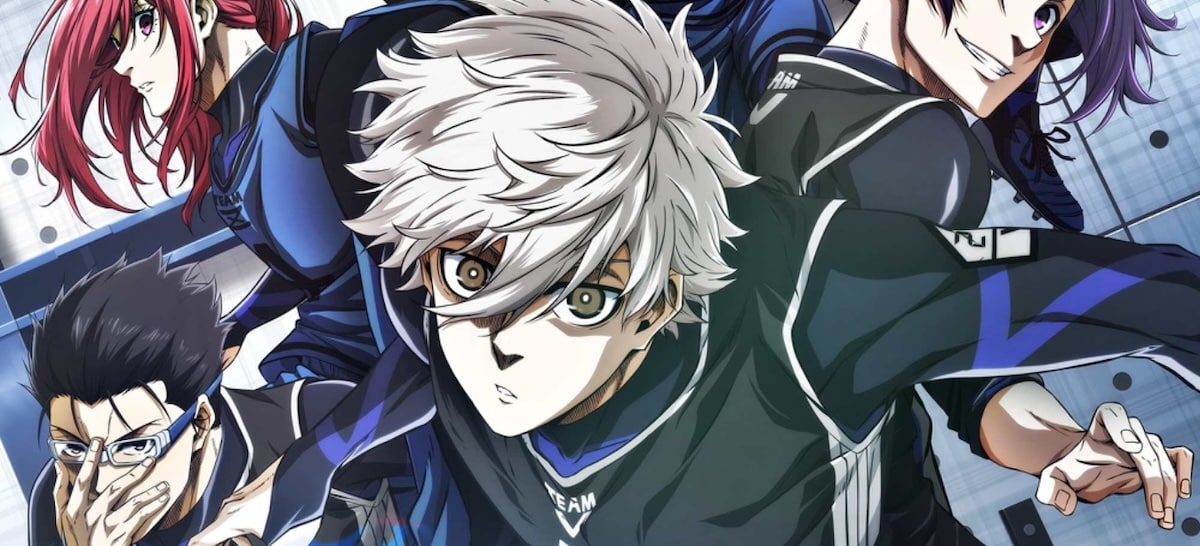
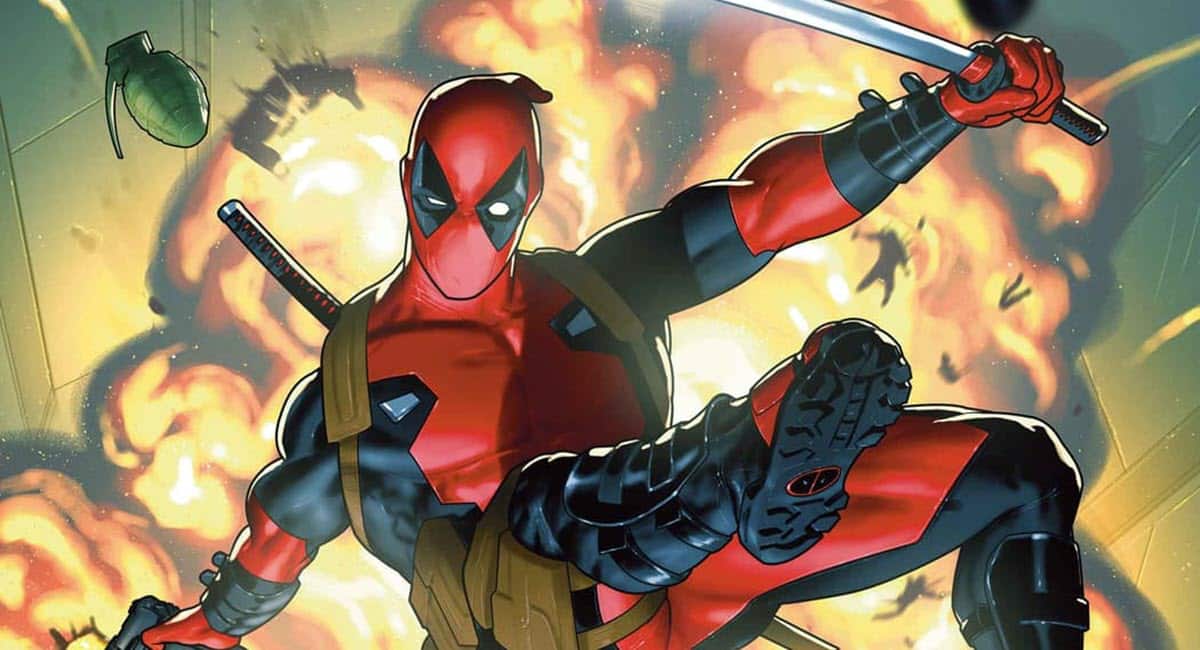
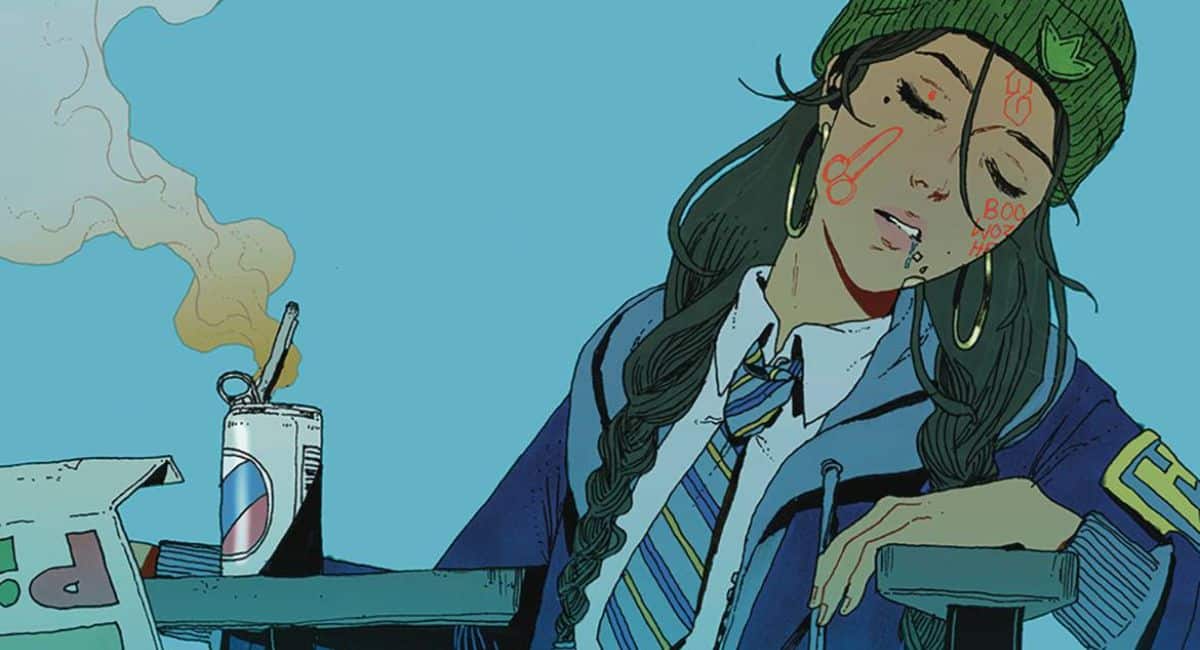

Holy cow! Could you possibly be more anal in picking out points of a several decade series crammed into a time and budget constricted movie? The Vanessa part was a bit drawn out but it certainly was more than just two panels. She was a prostitute, they did love each other and he did leave her because he had cancer. How much time and money do you think they had to explain that clusterfuck of a relationship? (I will NEVER forgive Sabertooth no matter how they try to rewrite him.)
Wade was in the reject, semi illicit weapons x program spinoff and Ajax was there trying to break Wades spirit. Wade did have a sense of humor and kept the spirits of the other program members up. I can understand why Killbrew was cut because time/money limitations. (Not to mention a boss fight against a old man…) The part of the movie that was not faithful to the movie the most was he got his name here and not in the Hellhouse.
And how much time did you want them to use to set up the Hellhouse? They even showed its original name as a old girls school. I mean really, complain about it if the movie was ten hours long, but for the time allocated they did a fantastic job.
And for Deadpools “friends” they nailed Blind Al, Weasel and Hydra Bob perfectly. Deadpool is a serious dick to all of them but he does have a moment here and there. Yes Blind Al is a prisoner of sorts and he does torture her once in a while but they do sort of like each other in a Deadpool kind of way. Unfortunately the movie could only be so long.
Dude really. Clickbait title if you really know Deadpool. Either that or you are just a google expert with a little bit of info trying to show off.
@Cruz chill man, this is not clickbait.
I felt this article made the case in favour of what the movies did change not against. He is the merc with a mouth, people care little about historical accuracy and more about character portrayal. As such there is no nit picking because it is clear the convoluted history of Deadpool as a character had to be changed. Moreover, the detail at explaining exactly what had changed is the key to making this point of the article clear.
Cruz: Pointing out fascinating differences is not “complaining.” Did you miss the sentences where I said the movie did it better than the comics? Did you miss the part in the “clickbait” headline that says I approve of the changes?
Let’s not argue well all love deadpool. The movie gave us all a tear of joy so fuck the debates and all I got to say is Fucking chimichangas
Love to all deadpool fans.
“Could you possibly be more anal in picking out points of a several decade series crammed into a time and budget constricted movie?”
Welcome to: the entire point of the article.
DEADPOOL appears to be a 15-year-old boy’s idea of a mature, adult movie: graphic bloodshed, hot naked chicks, nonstop profanity, and nihilism depicted as really hip and cool.
The last adult movies I watched were both from 1933: JENNIE GERHARDT, starring Sylvia Sidney, and LILY TURNER, starring Ruth Chatterton. Watched ’em on YouTube the other night. They were definitely movies for adults, even though nobody in them cursed, got naked, or blew anyone’s head off with a shotgun.
“The last adult movies I watched were both from 1933”
You’re right, all movies should be like movies from 1933. Very relevant comparison.
Don’t worry, Skottie, someday you’ll grow up and start watching movies that don’t have fireballs and explosions every 3 minutes.
Sorry a bit of fan boy rage (even thought I am a old man) because the internet and all… I am a ass, you are cool. I am not smart enough to figure out how to edit my first comment, but there is no reason for me to ever talk to anyone like that. You even wrote a good article which gives me less reason.
Holy cow I couldn’t see any other replies until now! What is up with that?
This was so educational. lol.
but seriously. I very much enjoyed this. Ive always loved Deadpool but could never get my hands on comics and stuff, so I only knew what I had read around the internet. (and some stuff from newer comics.) but wow. I also read your article on AcriticalHit and thought that was amazing. (the one about Deadpools history.)
Im doing a speech on Deadpool for my speech class and its been really cool to learn about. thanks for the information!
For the pansexual thing, that is not talk of the internet that thing is said by Deadpool’s own writer. Talk of the internet is when two kids who learned to use internet argue and bicker like mad dogs at each other and pulling random shit out of their heads as some sort of valid argument without any proof to back it up.
For movie in general what is there not to like. Violence! Humor! Boobs! Everything to love in here. Only thing I did not so much like in movie(compare to comic)…actually I was more disappointed by it, that romance between Deadpool and Vanessa turned into classic romantic clique in here.
While I like that start of their relationship has been changed to something more convincing and romantic…I would prefer if we got to see Vanessa as Copycat instead of classical clique damsel in distress in need of hero to save her day so happy ending kiss can happen. I don’t know seriously didn’t liked that part in movie. It just felt like huge opportunity was wasted right there.
But still best movie I watched in while which shocked me since it was made by ‘Fox’ in here, I was expecting some utter shit of movie by them…so this kinda of good movie they brought seriously shocked me.
@ George:
Who the hell cares???
Maybe it’s just me, but I liked the movie. However, I still think the comics are better in many ways.
A good example is that Wade never really got sad. Just angry. I wanted to see a full spectrum of emotions, and I know he’s shown them in the comics…
The movie was still alright, though. Still going to see the second one when it comes out.
Comments are closed.